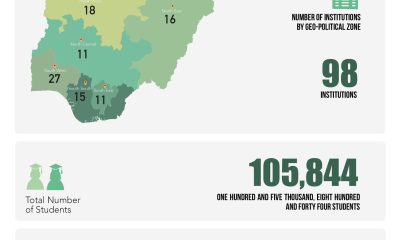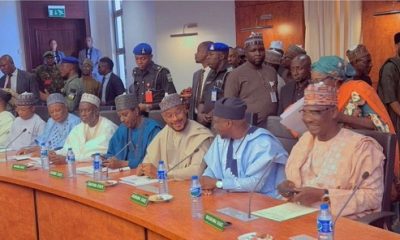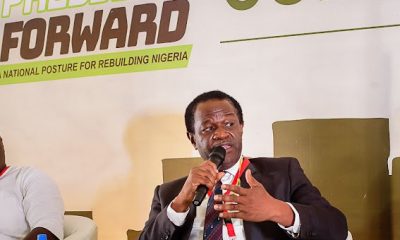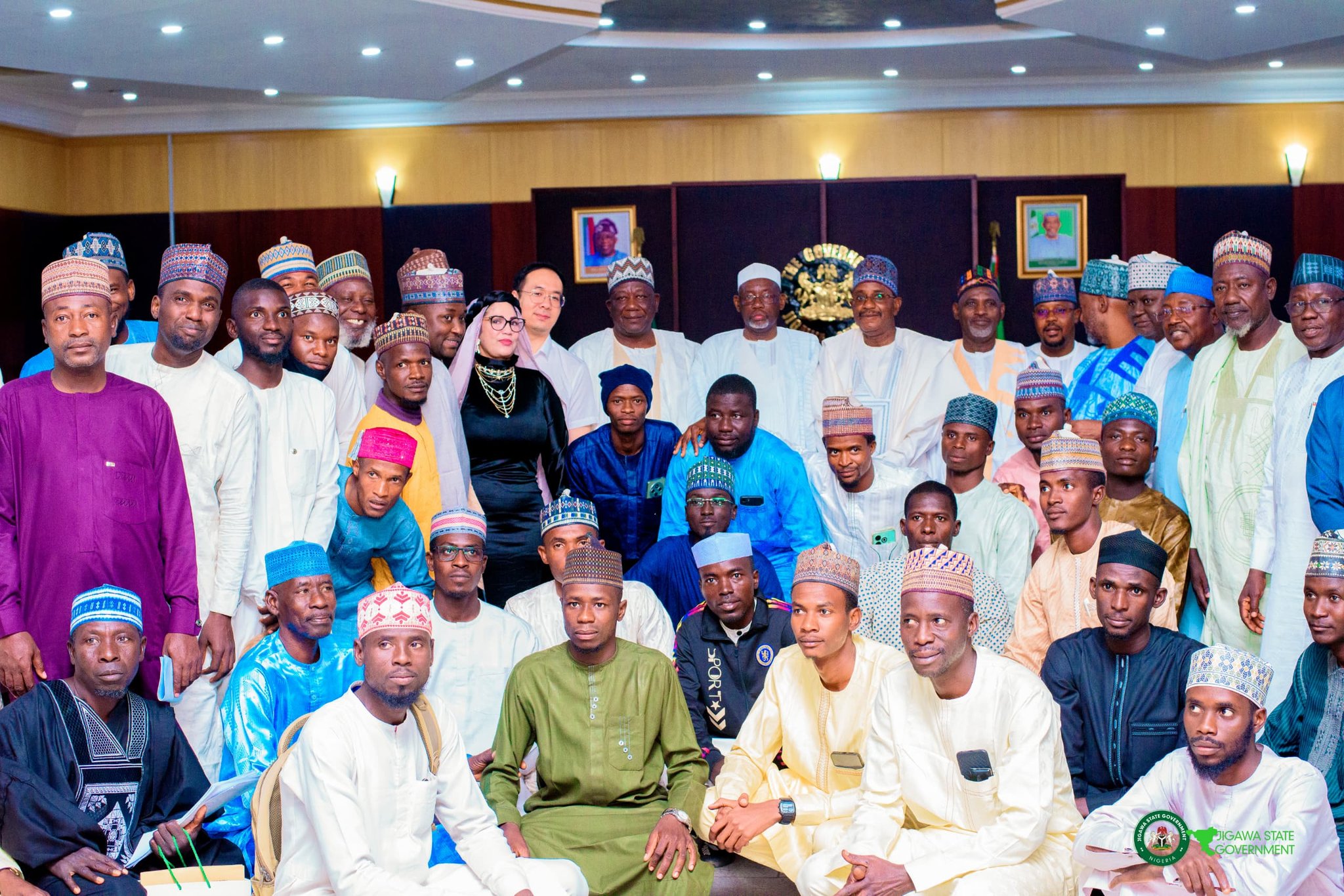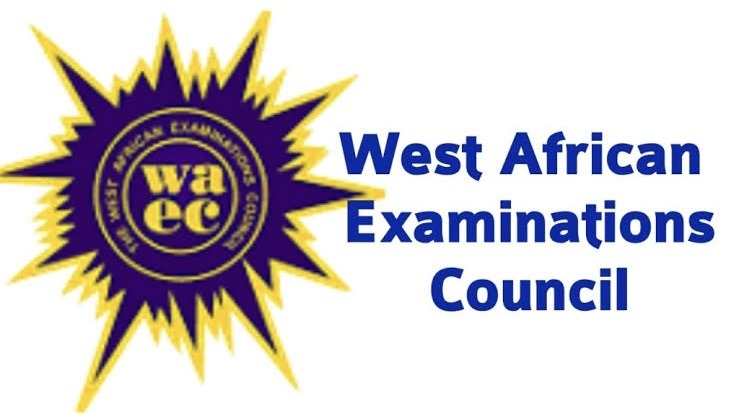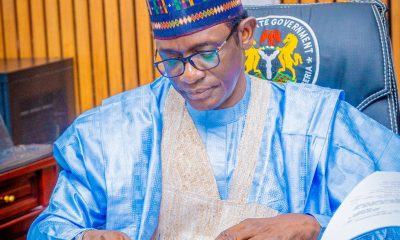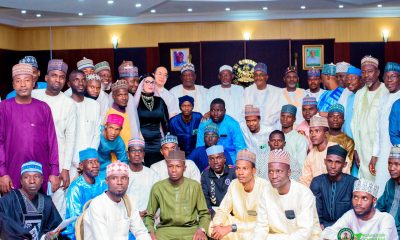Education
NELFUND presents N89m cheque to Nasarawa University

Education
Jigawa sponsors 30 Engineering graduates to China
Education
WAEC bans 13 schools in Kogi for examination malpractices
Education
UniZik faults FG for dissolution of governing council, VC removal
Education
Tinubu sacks NAU VC, dissolves governing council

Education
Nigeria Secures 7th Position Worldwide for International Students in the US
Education
The Importance of Education for Children: Unlocking Their Full Potential
-
News19 hours ago
Nigeria’s Super Falcons Drawn Against Tunisia, Algeria, and Botswana in Group B of 2024 WAFCON
-
News19 hours ago
NFF President, Gusau, elected 1st Vice President of WAFU B
-
News20 hours ago
EFCC warns banks against fraudulent practices
-
News20 hours ago
Again, Naira gains massively against the US Dollars
-
Metro9 hours ago
Yobe approves N70,000 minimum wage for workers
-
Education19 hours ago
Jigawa sponsors 30 Engineering graduates to China
-
News6 hours ago
EPL:Tottenham Humiliate Manchester City with Stunning 4-0 Victory in Premier League Clash
-
News12 hours ago
FIBA Africa gives more responsibilities to the Zones…Confirms host of Afrobasket men and women events…Madagascar’s Jean Michel appointed as Vice
-
News9 hours ago
FIBA Africa gives more responsibilities to the Zones
-
Metro17 hours ago
Nigeria sharia police to raid betting shops after court ruling


